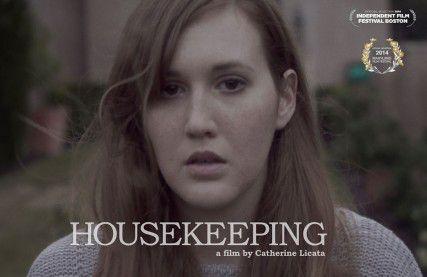As college students, we are often exposed to alcohol and drugs. While most students graduate without visible damage from these substances, use might develop underlying harm that could influence their habits later in life.
Dr. Richard Saitz, a professor at Boston University’s School of Public Health and School of Medicine, said young people are at risk of developing substance dependencies.
“Adolescents’ brains are developing until age 25, and the part that is developing is the part that helps with self-control,” he said in a interview. “… The majority of people who ever developed alcoholism developed it before age 25.”
A new study led by Saitz and his team suggests that one question can provide just as much information, or more, about a person’s alcohol use or drug use than a long questionnaire, according to a Jan. 13 press release.
The study involved 286 patients who anonymously answered the following questions: “How many times in the past year have you consumed five or more drinks in a day (for men), and four or more (for women)?” and “How many times in the past year have you used an illegal drug or used a prescription medication for nonmedical reasons?”
The research team found that a score of eight or more times for the alcohol-screening question was more consistent with an alcohol use disorder on the more severe end of the spectrum. For the drug-screening question, a score of three or more times per year was more consistent with a drug use disorder.
The single-screening question for alcohol detected 88 percent of patients with dependence and the single-screening question for other drugs detected 97 percent of those with dependence.
“The best number to compare these questionnaires on is called the likelihood ratio positive—it tells doctors how much more likely (how many more times more) someone with a positive test is to have dependence,” Saitz said in a later email. “On that measure the single item alcohol was 5.6 whereas for the longer more complex questionnaire called the AUDIT-C it was 3.2, significantly worse. For drug, the likelihood ratios for the single item and the longer 10 item DAST were similar (not statistically different at 4.6 and 6.3 respectively).”
Researchers believe the single questions are more time-efficient alternatives to longer questionnaires.
“In summary the single items performed as well (in the case of drug) and better (in the case of alcohol) as longer more complex questionnaires,” he said in the email.
Saitz said the study will help to encourage primary physicians to screen their patients for unhealthy alcohol and drug use. However, there are still some barriers to overcome in primary care screening.
One such issue is identity. In the study, the patients answered anonymously, but in actual practice, patients’ answers will be recorded and filed under their name. This could potentially be available to health insurers or employers.
“I don’t know if people would be honest, that’s my only critique,“ said Melanie Kirsh, a College of Arts and Sciences sophomore and president of BU’s Students for Sensible Drug Policy. “People might lie and say a couple times a year, especially if they do actually have a problem. They might not want help at that time because they’re controlled by the substance that they’re using.”
Another issue is that physicians will have to shoulder greater responsibility. Patients’ answers to the questions could be anywhere on a large spectrum ranging from infrequent use to an already-developed addiction. Doctors have to know how to respond to any level of usage.
Saitz explained that any time doctors have to test for something or screen, they must feel confident that they can handle the results. In most cases, doctors know exactly how to respond to a test result. For example, if a doctor finds an abnormality on a mammogram, there is a system set up to deal with that effectively.
In contrast, there is no definite path for dealing with unhealthy substance use or dependence because the situation varies from person to person.
“If I ask someone about their drug use and I get a positive answer, sometimes it’s not so easy,” he said. “Sometimes the patient doesn’t think they’re doing anything harmful. Sometimes they’re not ready to make any kind of change. Sometimes it’s not clear where to send them and who the right specialist is.”
Even so, the study shortens the screening process, allowing doctors to quickly identify and assess a patient’s alcohol and drug usage. This question also allows people to self-evaluate their substance use in a much easier manner.
While many people consider drinking and drug use an integral part of college life, this newly evaluated screening process could help students reflect on how much they drink and for what reasons.



























































































































